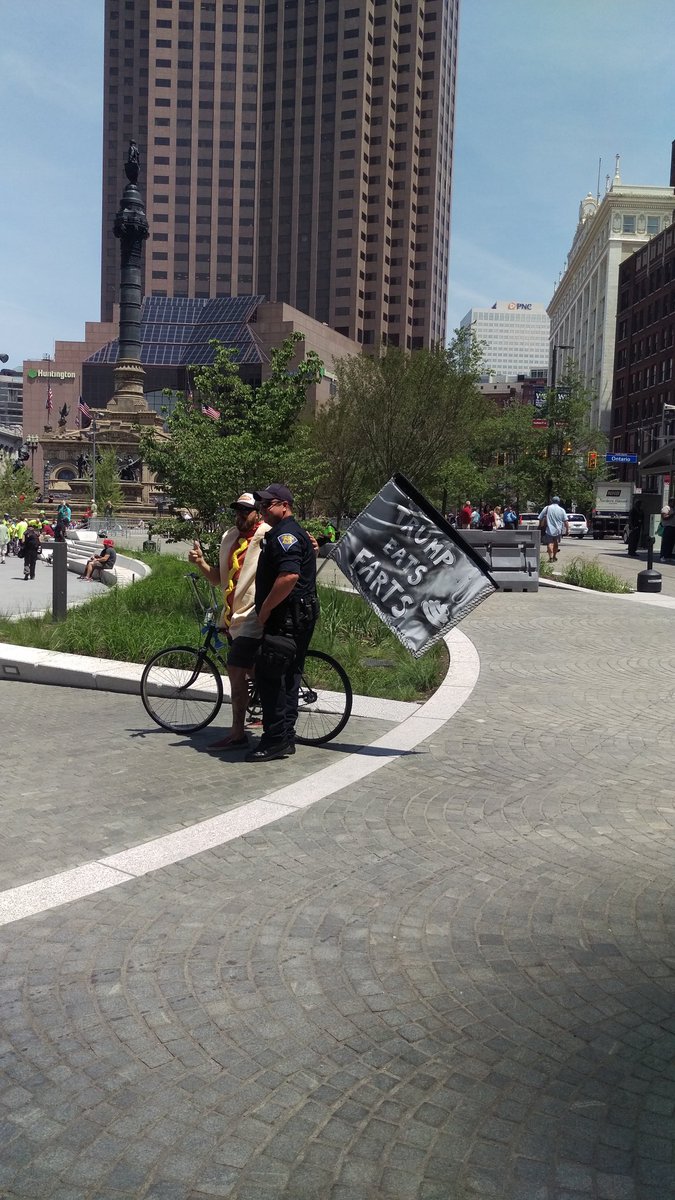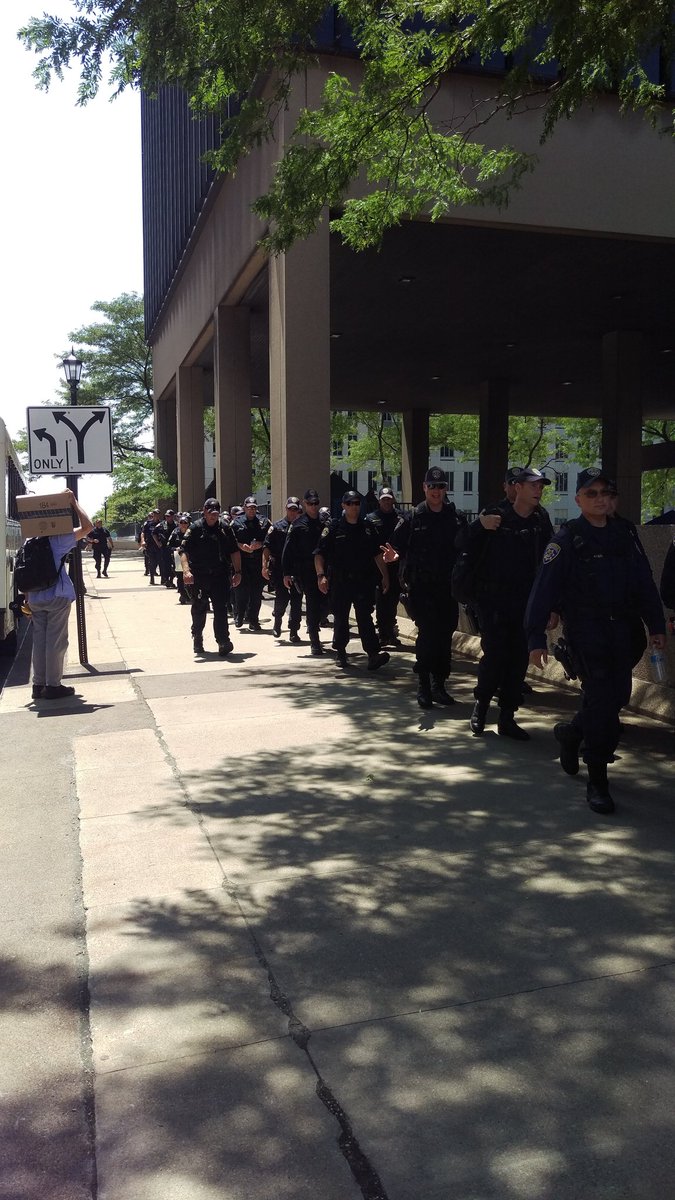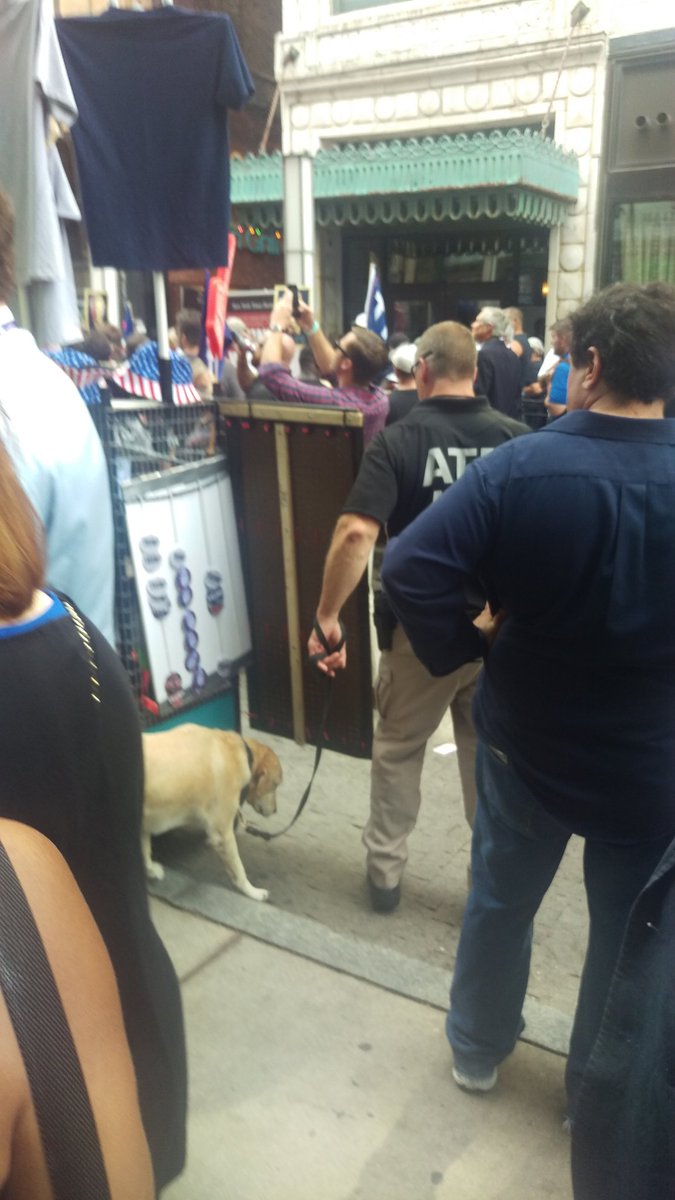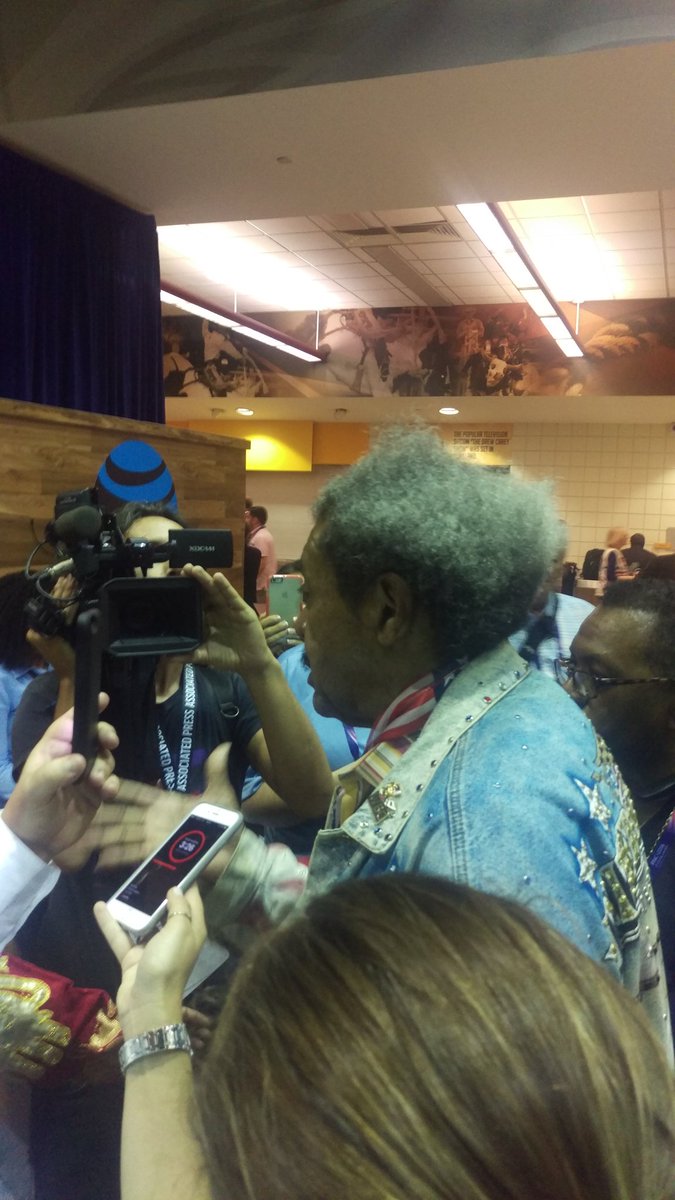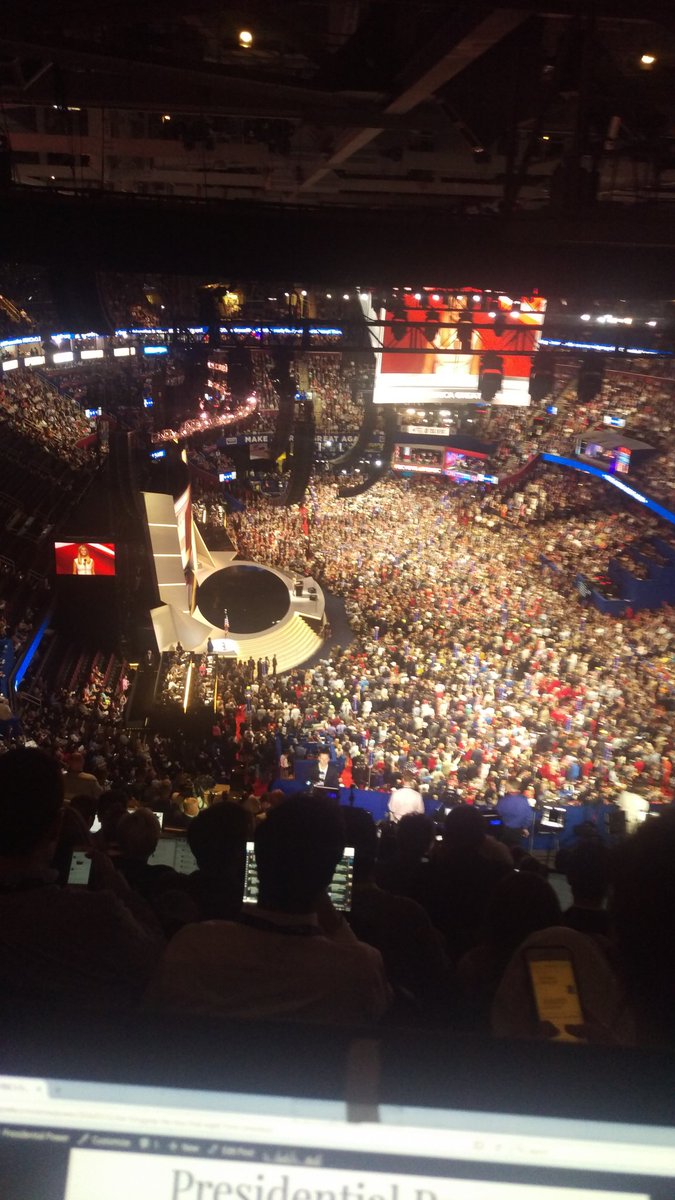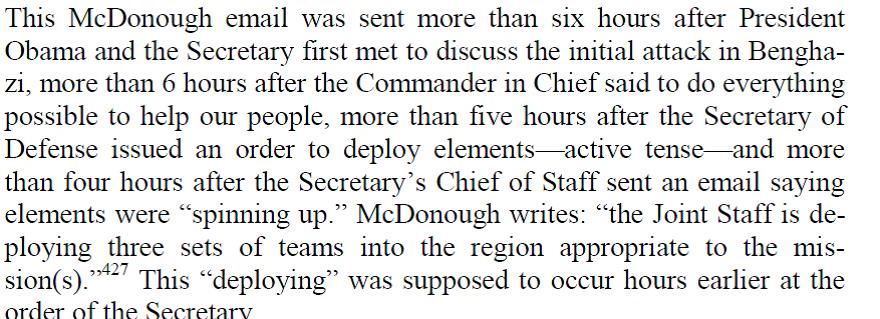Last Friday I was on Vermont Edition, hosted by the always great Jane Lindholm, to discuss the “Full Bernie” – a retrospective on the Sanders campaign. During the call-in portion of the show, more than one Sanders’ supporter phoned in to complain about the DNC rigging the nomination system, the media’s treatment of Sanders’ candidacy and also about Clinton’s choice of Tim Kaine as her vice presidential running mate. Callers suggested that Kaine represents everything that is wrong with Clinton’s candidacy: he’s more moderate than her, and is on the wrong side of key issues, such as trade, and he isn’t particularly charismatic. In their view, Elizabeth Warren, or Sanders himself, would have been the wiser choice. According to Vermont Digger, many delegates expressed similar disappointment with the selection of Kaine: “In a poll of nearly 300 Sanders delegates to the Democratic convention, nearly 90 percent said they are dissatisfied with Hillary Clinton’s selection of Sen. Tim Kaine, D-Va., to be her running mate.”
One needs to be careful about drawing conclusions based on a handful of callers to a radio show, of course, but a recently conducted Vermont state poll shows that in the Green Mountain state, at least, a large minority of Sanders’ supporters are not yet ready give up the dream and coalesce behind their party’s nominee. According to the poll, which was in the field July 11-23, only 54% of Sanders supporters say they will back Clinton in November. About 30% said they would vote for someone else (they didn’t specify who) and only about 5% of Sanders’ supporters indicated they would back Trump – the same number saying they would support Gary Johnson.
Of course, one might expect this lingering opposition to Clinton in Bernie’s home state, and the poll doesn’t indicate the state will go Republican any time soon. Nationally, polls suggest a greater willingness for strong Sanders’ supporters to vote for Clinton. According to a Pew poll, of the 20% of Democrats who were “consistent” Sanders supporters throughout the campaign, fully 90% now say they will back Clinton. (Keep in mind that Pew, unlike the Vermont poll, did not offer respondents an option other than Clinton or Trump, so this may be overstating their support for Clinton.) Although the comparison is not quite the same, another Pew poll conducted before the convention suggests that 80% of those Republicans who initially backed another Republican now say they will vote for Trump.
So why does it appear Democrats are more divided than Republicans, as evidenced by some Sanders’ supporters decision to stage a walkout after Clinton won the nomination, and to occupy the media headquarters afterwards, and by their continuing efforts more generally to disrupt proceedings? In part, I think it is because of the intensity of the “Bernie Bros” opposition to Clinton, and their corresponding passion for Sanders and what he stands for. For the true-blue Sanderista minority, supporting Clinton and Kaine amounts to repudiating the very principles that animated the Sanders revolution. In Sanders, they found the authentic vehicle for expressing their deep-held political opposition to the political establishment and the rigged system that keeps them in power. In this respect, they are holier than the Pope; that is, they view themselves as more true to Sanders’ cause than is the candidate himself, and they are going to make sure the public understands this, no matter how disruptive they are. I expect they will continue to make their presence known during Hillary’s speech tonight. It will be interesting to see how she reacts to these interruptions. My best guess is she is going to extend the olive branch at the start of the speech, and also talk about how Sanders’ supporters represent the vitality and diversity in the Democratic Party.
On the Republican side, as I wrote in my earlier post, you did not see the equivalent outbursts among the delegates once the debate over the rules was settled on the first day. And most delegates seemed to react negatively to Cruz’ non-endorsement speech – a different type of opposition than what we are seeing among Democrats, where Bernie has wholeheartedly embraced Clinton. The reason the Republicans appear less divided below the elite level, I think, is that those opposing Trump do so not out of any commitment to another candidate, or any set of ideological principles or issues, but because they just don’t like Trump. But the fatal weakness of the #NeverTrump movement is the same flaw that allowed Trump to win the nomination in the first place: Republicans felt little passion for any of the 16 alternatives. And so, rather than try to disrupt the convention, most have either made their peace with Trump or decided to mow their lawns instead.
The difficulty for Democrats, and why I think their divisions are more troubling at this point, is that this active opposition to Clinton suggests an intensity of preferences that may make it harder for the small but vocal group of Sanderistas to ever pull the lever for her. In a close race, even if only 10% of Sanders supporters sit this out, or vote for Stein or (gulp!) Trump, it could make the difference come November.
I have long argued that most Sanders’ supporters will, eventually, come around to Clinton. It’s difficult to judge just how large the opposition to Clinton is, but based on media reports (and they are often conflicting), it appears to be more than a fringe of delegates, but nothing close to a majority of Sanders’ supporters in attendance. No matter what the numbers, however, tonight offers Clinton her best opportunity to bring the remaining holdouts around. Let’s see if she can do it.
Postscript: It appears this morning that the Sanderistas, although perhaps limited in numbers, are continuing their efforts to disrupt the convention.

